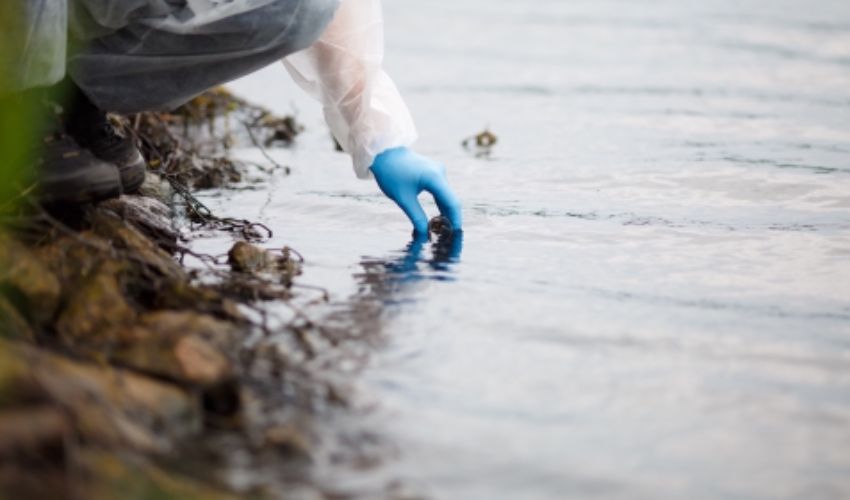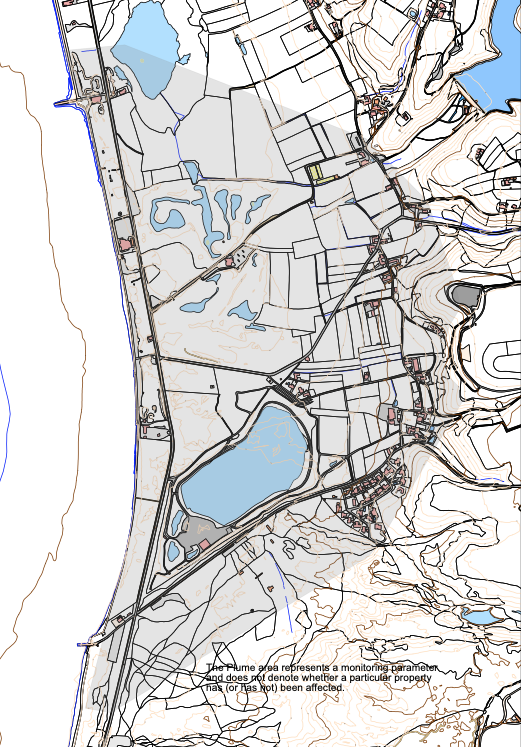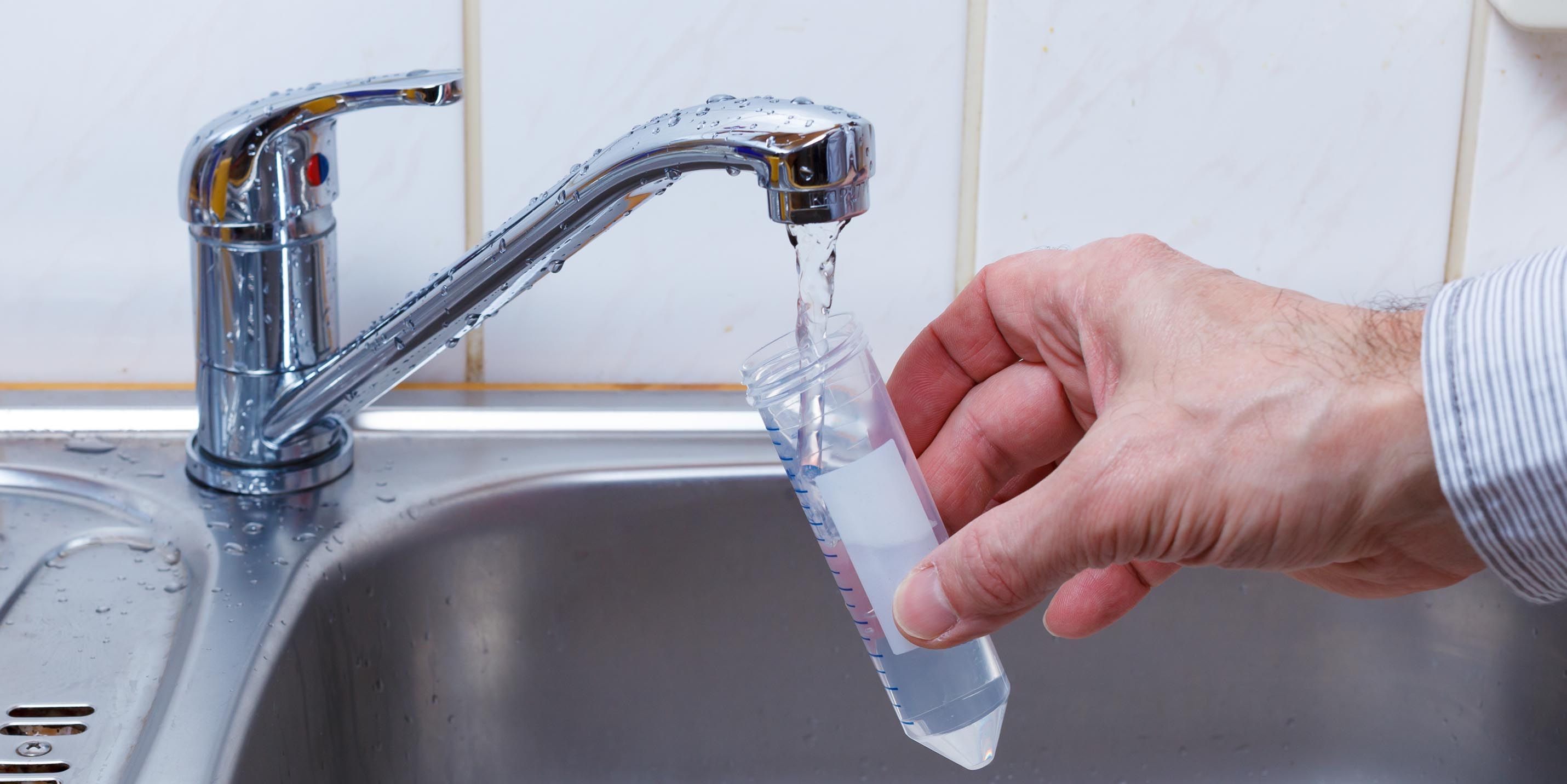


The Government’s plan to carry out studies to assess the impact of a toxic chemical sprayed at the Airport are the wrong ones and won’t find anything new, according to a former Airport executive.
Retired Chief Engineer Jeremy Snowdon believes that the Environment department is wasting its time in carrying out ‘hydrogeological’ studies in St. Ouen’s Bay and Pont Marquet in St. Brelade if it wants to discover the extent of pollution by PFAS.
PFAS is a family of man-made ‘forever’ chemicals that were once thought to be harmless but have now been linked to a number of health conditions, including cancer, kidney disease, immunity problems and birth defects.
Traces of PFAS have been found in water around the island although it has been discovered in particularly high concentrations around the Airport. Its ability to repel heat, oil and fuel made it a popular component of many products in the post-war era, including non-stick pans and floor tiles.
One of its family, called PFOS, was an ingredient of firefighting foam sprayed at the Airport, particularly around its fire training ground, until the early 1990s.
Recently, Environment Minister John Young approved a subsidy for the sampling of PFAS in private water supplies, and gave details of the studies, which are due to start shortly.

Pictured: A Government map showing the ‘plume area’ of contamination in St. Ouen's Bay in grey.
But Mr Snowdon, who lives in St. Ouen’s Bay and has studied the subject of PFAS, believes that the Deputy’s efforts are misplaced.
“The hydrogeological study is just the study of water, both in the ground and on the surface,” he said. “It can include man-made factors but the vast majority is focused on geological features, such as the type of rock and whether there are cracks or fissures in it.
“Rock tends to be pretty stable over hundreds, if not thousands, of years. The Government has already had two hydrological surveys conducted, so they have the data. Furthermore, because of the peculiarity of PFAS, I don’t think a hydrogeological study is the right thing to do.”
Instead, Mr Snowdon thinks something called a ‘fate and transport study’ is the right option, which looks at what happens to the PFAS rather than the water it may or may not be in.
“There is a fundamental difference between the two types of studies and the argument has been: ‘It is dissolved in the water anyway, so if we study what is happening with the water, that is what is going to be happening with the PFAS.’ But that is simply not true.
“Clearly, there is still a lot of PFAS sitting in the ground because it was left in situ under the fire training ground at the Airport. And when they built the new training ground, they just covered it up.
“A fate and transport study would attempt to identify how fast PFAS is being dissolved, where it is going by every means it can travel - such as a fissure in the ground, as well as water - and where it will eventually end up.”

Pictured: The Government will offer some free water tests for some islanders who have a private water supply such as a borehole.
Mr Snowdon also believes that the Government’s plan to sample 16 of the PFAS family, which extends to more than 8,000 chemicals, is too limited.
“I’m not sure why they’ve plucked out these 16 - it seems a strange thing to do,” he said. “Also, the Minister has said that households that have been tested in the past may not be tested this time.
“That is quite bizarre to me. We know that the levels of PFAS shoot up and down a lot, so to decide that because we tested in the past we don’t need to test again is erroneous to me.
“I am fairly convinced that the Government is not accepting the true situation and not facing up to reality. They are just trying to put the issue off through procrastination.”
The Government says that information from the studies and sampling will increase its understanding of the behaviour and distribution of PFAS.
The work was identified and proposed in two reports that were published in 2019 and last year.
A number of island residents attribute PFAS to their ill health and have called on the Government to commission an independent committee of inquiry to officially determine if this is correct.
Comments
Comments on this story express the views of the commentator only, not Bailiwick Publishing. We are unable to guarantee the accuracy of any of those comments.